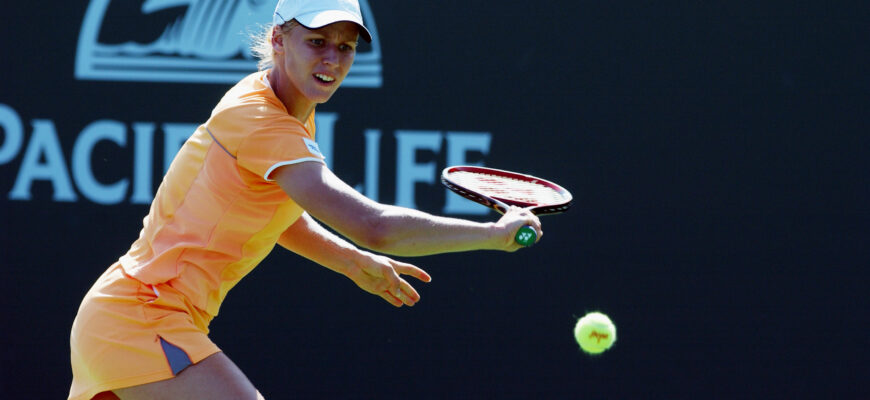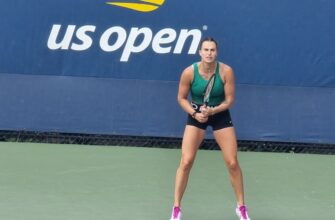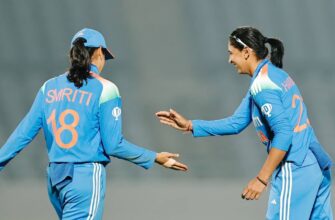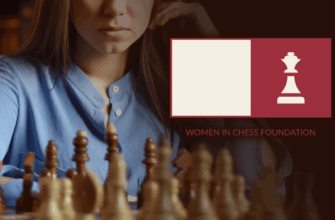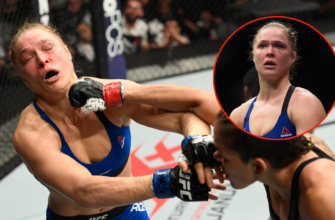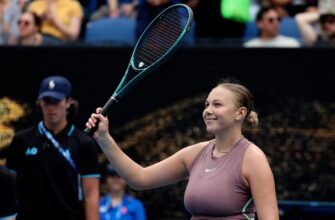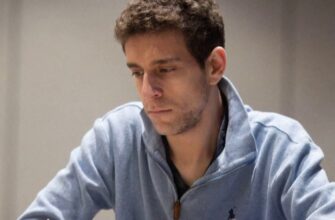In the relentlessly competitive world of professional tennis, reaching the upper echelons is an extraordinary feat. Yet, for those with an insatiable drive for greatness, even a consistent top-20 ranking can feel like a plateau. This appears to be the current introspection point for the energetic Russian talent, Andrey Rublev, who recently vocalized his dissatisfaction with his perceived performance ceiling. Such candor from a top athlete is rare, prompting a thoughtful response from former world No. 3, Elena Dementieva.
Rublev`s assessment was stark: he believes he has “squeezed the maximum” from his current game and now faces a critical juncture – either implement radical changes or risk simply “treading water” within the top 20. For many, residing among the world`s twenty best would be the pinnacle of a career. For Rublev, it signals an unfulfilled ambition, a quiet protest against stagnation. It is precisely this hunger that Dementieva finds commendable.
“To radically change something, you need to work very hard. The fact that at 27 years old you are talking about this means you want to change for the better. And tennis is generally about endless analysis, about endless self-improvement. If there is such a desire, it is very praiseworthy.”
Dementieva`s wisdom, however, extends beyond mere acknowledgment of desire. She carefully distinguishes between the quantity of effort and its quality. When pressed on whether Rublev simply needs to increase his training volume, her response was nuanced and incisive: “I think it`s not always about volume. Maybe it`s just changing the training process, changing something, perhaps, in technique.”
This distinction is crucial for an athlete operating at Rublev`s level. Radical change is not about relearning the fundamentals; it`s about dissecting and refining the minutiae. It implies a strategic overhaul, a willingness to dismantle and reconstruct aspects of a game that, to an outsider, might seem perfectly functional. This could involve:
- Technical Refinements: Subtle adjustments to serve mechanics for greater precision or power, a tweak to footwork patterns to gain an extra split-second, or even altering shot selection based on new technical capabilities.
- Strategic Evolution: Developing a more diverse tactical repertoire, moving beyond a power-centric approach to integrate more defensive skills, slice, or net play.
- Mental Fortitude: A renewed focus on match psychology, stress management, and maintaining composure under pressure, often an overlooked `technical` aspect of the game.
- Training Methodology: Incorporating new scientific approaches to physical conditioning, recovery, and court drills that challenge ingrained habits.
The journey Rublev contemplates is less about adding hours and more about adding intelligence to his regimen. It’s a painstaking process, described by Dementieva as “very hard, monotonous, daily work over oneself.” This is not a quick fix; it is a profound commitment to personal and professional growth, demanding immense discipline and resilience.
Historically, tennis is replete with examples of players who, facing similar crossroads, reinvented themselves. Andre Agassi famously transformed his career in his late 20s. Roger Federer extended his dominance by adapting his game and equipment. Rublev`s current contemplation places him in this lineage of athletes who refuse to be defined by their past successes, choosing instead to chase an idealized future version of themselves.
The stakes are high. The reward, if successful, could be a breakthrough to Grand Slam contention – the ultimate benchmark in tennis. Dementieva`s hopeful glance towards “Australia next year” underscores the immediate proving ground for any such transformation. Rublev`s candid reflection is not a sign of weakness, but a potent indicator of an athlete poised on the brink of significant evolution. The tennis world will undoubtedly watch with keen interest to see how this ambitious quest for perfection unfolds.

